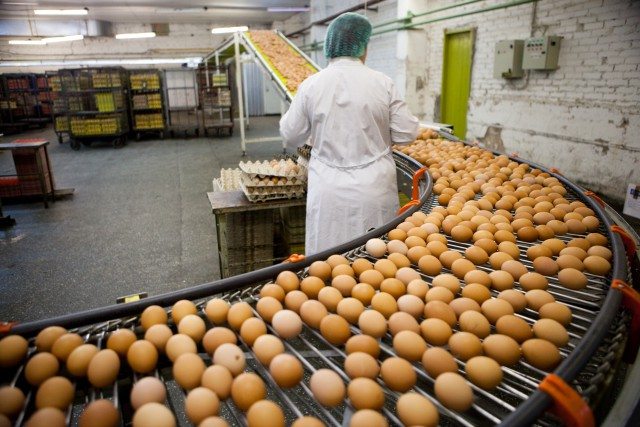Green bio-pharmaceutical company Global Green, Inc. has agreed with scientific studies that find that Salmonella is possible to eradicate and is not naturally occurring.
Salmogenics, the company’s patented Salmonella vaccine for poultry, is injected into the egg, before the chick is hatched, improving the immune system, health and welfare of the chicken.
This protects the chick from Salmonella as it breaks out of the egg’s shell, cost-effectively providing a healthier source of protein for humans.
“Salmogenics injected into laying hens can produce eggs that are less contaminated. As the eggs hatch, new generations of chicken will have less contamination,” says Dr. Mehran Ghazvini, chairman and CEO.
“As we work towards future generations of chickens, we could produce not only Salmonella-free eggs but also salmonella-free chickens.”
“Salmogenics would have an essential role in this process which would necessarily have to include better feeding, probiotics with increased sanitation and a cleaner environment in chicken farms to produce eggs that are less contaminated with Salmonella.”
Studies cited
Tests conducted through third parties have found that Salmogenics has been shown to significantly reduce Salmonella in the egg.
Ongoing tests will be conducted to determine the efficacy of reducing Salmonella in egg-laying hens.
According to the 1978-1981 study by B.S. Pomeroy at the University of Minnesota referenced by Food Safety News, researchers grew Salmonella-free turkeys primarily by selecting Salmonella-free hatchlings, feeding Salmonella-free feed and isolating the flock.
More recently, in their 2012 paper, Doyle and Erickson reviewed the literature on pre-harvest interventions for foodborne animal diseases.
Their review included on-farm management and hygienic practices, feed and water treatments, macronutrient diet formulation, antibiotics and growth-enhancing additives, prebiotics, probiotics, synbiotics, bacteriophages, bacteriocins, immunotherapy, vaccines, breeding and multiple interventions.
“Effective food safety interventions to reduce or control foodborne pathogens are needed throughout the food continuum, from the farm to the end user. Combinations of interventions may be needed throughout the food continuum to provide continuous reduction in pathogen contamination and ultimately the incidence of foodborne illnesses,” the review concluded.










